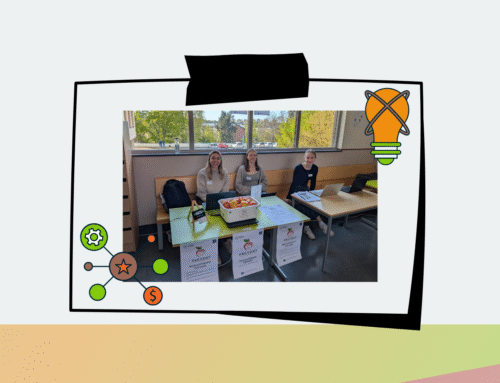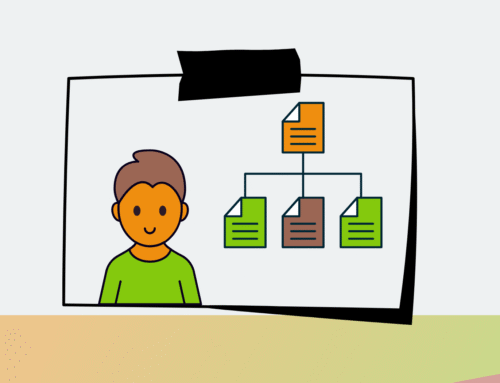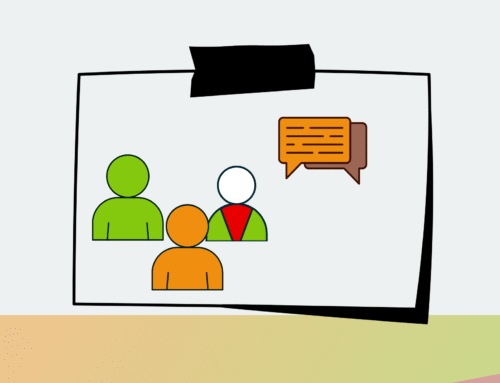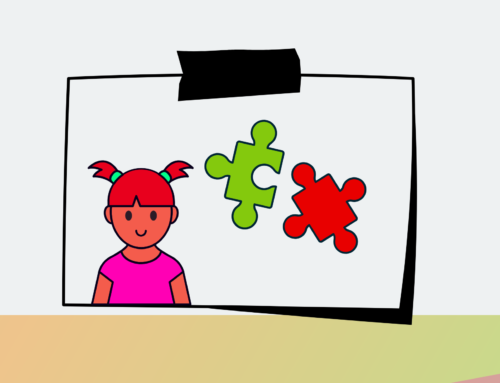The Prevention and Early Detection Cluster, a multi-project collaborative initiative, held its first official meeting in Vienna on September 23 to discuss strategies for extending the reach and impact of each project’s research. With participants from a range of institutions, the meeting highlighted key areas of progress, future goals and policy recommendations in cancer prevention, data management, communication, public engagement, and tackling health inequalities.
Opening Remarks from the European Commission
Laura Garcia Ibanez from the European Commission opened the meeting by setting the broader context for the cluster’s efforts, emphasizing the importance of collaboration in tackling cancer inequalities across Europe. Her contribution set the tone for the subsequent sessions, which focused on the collective strength of the projects involved in the cluster.
Session 1: Data Management Strategy
Sabato Mellone from the University of Bologna chaired the first session, which focused on the Data Management Plan. The main objective was to prepare a cluster-wide chapter to harmonise data management strategies across projects.
An important outcome was the development of a Unified Data Management Approach, a flexible document that will be updated throughout the cluster’s lifespan. To build capacity in research data management, Mellone also proposed a webinar on the FAIR (Findable, Accessible, Interoperable, Reusable) Data Principles to increase the knowledge of researchers in Year 2.
Session 2: Communication & Dissemination
The second session, led by PIECES, focused on the importance of effective communication and dissemination of the cluster’s work. Objectives include raising public awareness of the scope of the cluster and supporting individual projects in their communication efforts.
Achievements include a cluster-specific logo and visual identity, templates, introductory brochure designs, and a common hashtag. Future steps will focus on joint scientific publications, media appearances (articles, interviews) and the organisation of events such as workshops and conferences to further publicise their research.
Session 3: Addressing Health Inequalities
Led by CO-CAPTAIN, this session focused on the pressing issue of health inequalities in cancer research. A key resource presented was the European Cancer Inequalities Registry, published in 2023, which highlights inequalities in cancer outcomes across Europe. Additionally, the OECD’s 2024 report, “Beating Cancer Inequalities in the EU”, was discussed, providing insights on how to address inequalities in cancer prevention and early detection.
Session 4: Citizen Engagement
4P-CAN led an inspiring session on shifting from a top-down to a bottom-up approach to cancer prevention by engaging citizens. A highlight was the Living Lab in Arges County, Romania, a rural area, which introduced cancer awareness initiatives focusing on nutrition, obesity and physical activity. An interesting innovation was 4P-CAN’s sponsorship of a local football team to raise awareness – a creative and engaging campaign to spread health messages.
To support the involvement of citizens, the European Commission has published a Code of Practice on Citizen Engagement, which provides principles, recommendations and tools to enhance community involvement in health research.
Session 5: Research & Innovation Policy Recommendations
The final session, hosted by PREVENT, was a comprehensive workshop aimed at developing policy recommendations for cancer prevention and early detection. Projects such as CPW, CO-CAPTAIN, 4P-CAN, PIECES and PREVENT shared key findings and challenges, after which participants broke into smaller breakout groups to identify cross-cutting challenges and recommendations.
Recommendations focused on challenges at community, national and EU level, ranging from local resource constraints to policy fragmentation across Europe. The session concluded with an agreement on the key policy recommendations, which will form the basis of a joint policy brief.
Conclusion: Building Momentum for Future Action
The meeting demonstrated the power of collaboration in tackling the complex issues of cancer prevention and early detection. From innovative communication strategies and data management plans to citizen engagement and policy recommendations, the collective efforts of the cluster promise to extend the reach and impact of these important projects. As the Cluster moves into its next phase, the shared commitment to research and innovation will continue to drive progress in tackling cancer inequalities across Europe.




